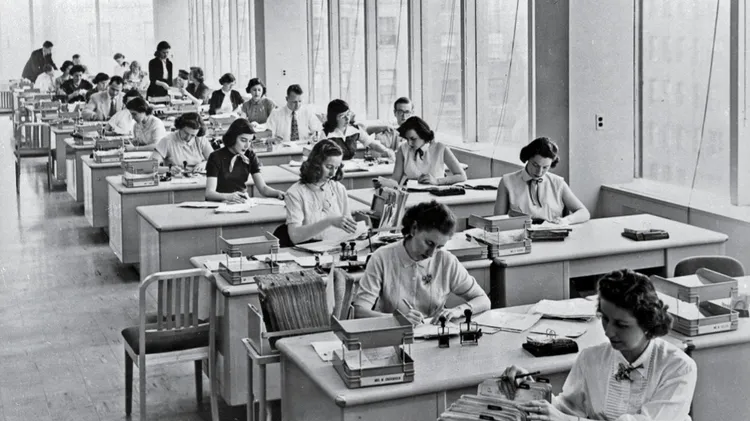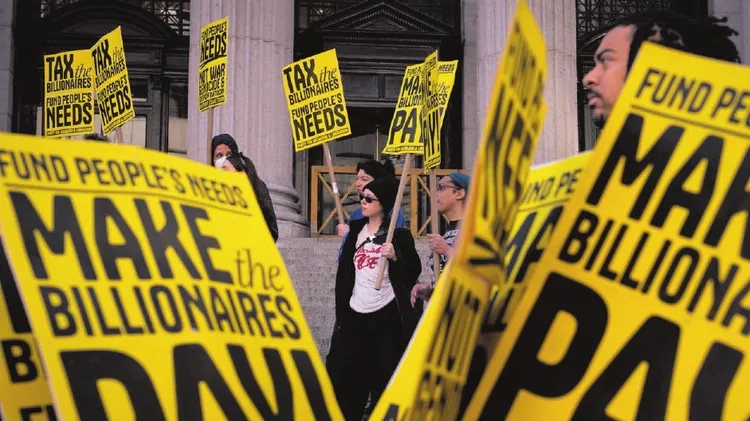Pay reform will spark a bloody war Soumaya Keynes F
Best of the financial columnists
3 min read
This article is from...
Read this article and 8000+ more magazines and newspapers on Readly






